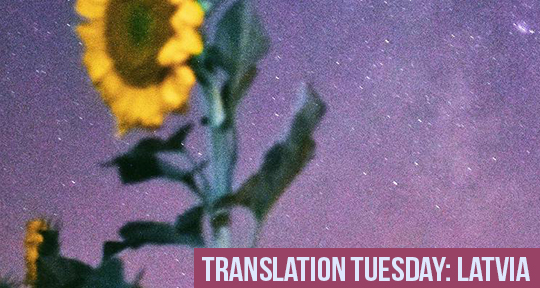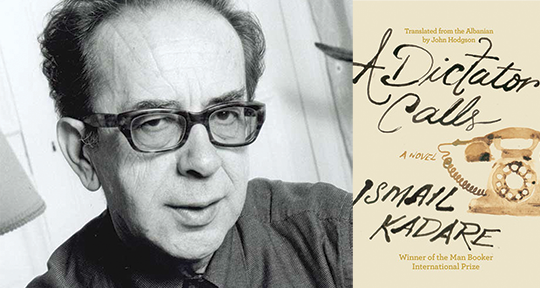For this Translation Tuesday, we’re bringing you a new riff on a familiar story—minus the glass slippers and pumpkin coaches. In Latvian writer Kārlis Skalbe‘s reimagining, which draws on traditional folklore, Cinderella is a haplessly put-upon girl relentlessly bullied by her cruel stepmother. Forced to meaninglessly labor day and night, she nonetheless cultivates an inner life through song and fantasy. While there’s no fairytale ending to be found here, her emotionally rich, sensorial connection to the world offers a salvation of its own. Translator Ian T. Gwin would like to thank Marianne Stecher, Guntis Smidchens, Līga Miklaševica, and the students at the University of Washington for their assistance reading and translating this text.
Cinderella did dirty work and ate dirty bread. None of the tomcats in Riga came for her kļiņgeris, like they did for girls with real mothers. Cinderella’s days were bitter as bread baked from chaff. Morning and evening she sat by the stove, her hair uncombed, picking flaxseeds from the ashes. The ashes were hot, but she patiently sieved through them, blowing through her fingers and gathering the brown kernels in her palm. These her stepmother threw back into the cinders, so she would always have work to do.
Real daughters gathered dowries and took care of the folk. Stepdaughters worked from dawn to dusk, and slaved over nothing but tears and embers. She liked to sing when she stayed by the hearth, so as not go get weary from gathering her dowry of dust.
“Spinning a wreath, a wreath,
so I gathered my dowry,
Dressing my youth in cinders,
I spun a dowry of dust.”
She couldn’t hope to marry the sons of honest men. For who would want to dress in cinders and what young buck would throw ash back at a wretched child of loneliness? But Cinderella sang, imagining herself:
“When the bell of the suitors rings,
My prince in gold will sing”


